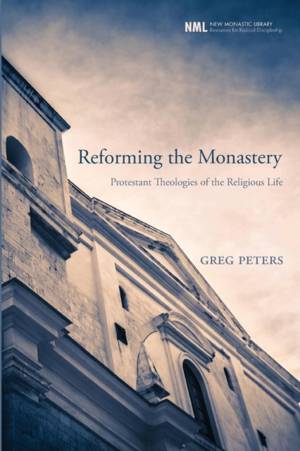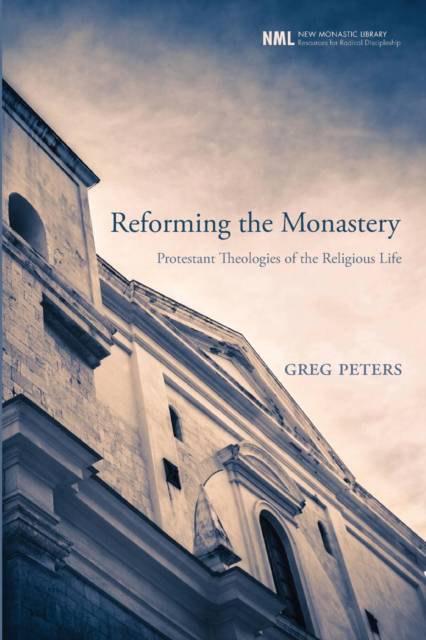
- Afhalen na 1 uur in een winkel met voorraad
- Gratis thuislevering in België vanaf € 30
- Ruim aanbod met 7 miljoen producten
- Afhalen na 1 uur in een winkel met voorraad
- Gratis thuislevering in België vanaf € 30
- Ruim aanbod met 7 miljoen producten
Zoeken
€ 33,45
+ 66 punten
Uitvoering
Omschrijving
Richard Froude wrote in 1833 to John Henry Newman that "the present state of things in England makes an opening for reviving the monastic system." Seemingly original words at the time. Yet, monasticism is one of the most ancient and enduring institutions of the Christian church, reaching its zenith during the High Middle Ages. Although medieval monasteries were regularly suppressed during the Reformation and the magisterial Reformers rejected monastic vows, the existence of monasticism has remained within the Reformation churches, both as an institution and in its theology. This volume is an examination of Protestant theologies of monasticism, examining the thought of select Protestant authors who have argued for the existence of monasticism in the Reformation churches, beginning with Martin Luther and John Calvin and including Conrad Hoyer, John Henry Newman, Karl Barth, and Donald Bloesch. Looking at the contemporary church, the current movement known as the "New Monasticism" is discussed and evaluated in light of Protestant monastic history.
Specificaties
Betrokkenen
- Auteur(s):
- Uitgeverij:
Inhoud
- Aantal bladzijden:
- 178
- Taal:
- Engels
- Reeks:
- Reeksnummer:
- nr. 12
Eigenschappen
- Productcode (EAN):
- 9781606081730
- Verschijningsdatum:
- 12/11/2013
- Uitvoering:
- Paperback
- Formaat:
- Trade paperback (VS)
- Afmetingen:
- 152 mm x 226 mm
- Gewicht:
- 249 g

Alleen bij Standaard Boekhandel
+ 66 punten op je klantenkaart van Standaard Boekhandel
Beoordelingen
We publiceren alleen reviews die voldoen aan de voorwaarden voor reviews. Bekijk onze voorwaarden voor reviews.











